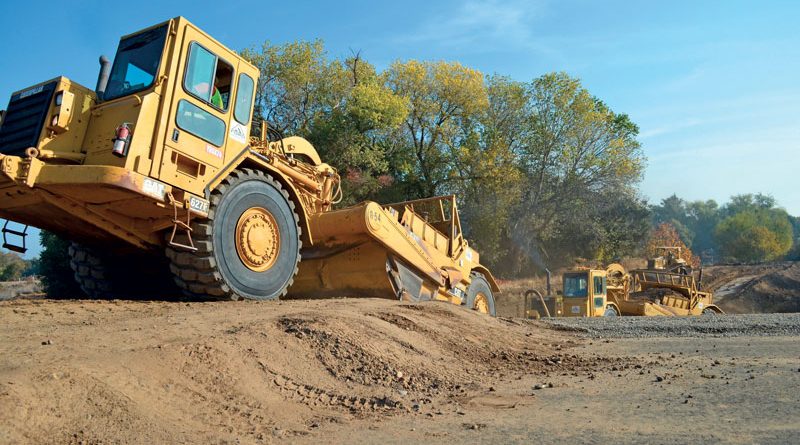European Industries Boosting a Sustainable Future for All
Three are the policy requests to the EU by agricultural and construction equipment manufacturers: a strong industrial policy, sustainable farming and construction approaches, and an open trade agenda.
CECE and CEMA represent manufacturing industries producing high-technology equipment used in construction and agriculture respectively.
Together, these industries provide jobs to over 600,000 people all over Europe working for, both large multinationals and innovative SMEs. CECE with an annual revenues of ca. EUR 40 bn and CEMA with an annual turnover of about EUR 40 bn demonstrate the important role our industries play in Europe’s and global economy.
Like many sectors in Europe, this sector has experienced rapid change in the past 20 years. New advances in digital technology are transforming production, trade and deliver sustainable solutions for the benefit of the environment and EU citizens.
Despite the enormous challenges the industries of this sector are committed to keeping high innovation levels and competitive leadership, providing jobs and growth in Europe’s and beyond.
To unlock the full potential of the digital economy and remain competitive in an increasingly globalised market CECE & CEMA call on the EU to focus on the following three policy requests to deliver: strong industrial policy, sustainable farming & construction, open trade agenda.
Strong industrial policy
Industries are looking forward to a strong industrial policy by: ensuring EU legislation fits machinery usage and operation based on solid scientific and economic impact assessments; completing the Single Market by proposing a legislative text for EU harmonised road circulation requirements for non-road mobile machinery such as excavators or combine-harvester.; supporting long-term legislative stability for key internal market areas such as the machinery directive and stay aligned with the specificities and developments of the industry.
“A strong industrial policy needs to be at the heart of any European institution plan for the term 2019-2024 – says Enrico Prandini,
CECE President – Manufacturing industries
drive innovation, growth and jobs in Europe.
That’s why we need a political and
legislative framework that empowers our sectors to remain competitive and master the digital transition to provide the best products and solutions for our customers’ evolving needs.”
Sustainable Farming & Construction
A Sustainable Farming & Construction should be implemented by supporting European initiatives to incentivise investment and fleet renewal solutions that bring benefits to users and society, such as Common Agriculture Policy and Investment Plan for Europe; encouraging machine developments which promote process efficiency to reduce CO2 emissions; providing EU research funding in the most promising technology areas notably automation, robotics, digital connectivity and AI that can have a positive impact on tackling environmental challenges.
According to Anthony van der Ley, CEMA President “Today’s European manufacturing industries are committed to deliver technologies than can enhance more sustainable practices in farming and construction. Together, we call on the EU to devise mechanisms to incentivize investments in modern equipment that will bring benefits for users, society and environment”.
Open trade agenda
An open trade agenda should also be implemented to promote trade agreements by: enhancing global trade and openness by furthering the current system of multi and bi-lateral trade agreements; strengthening Free Trade Agreements, providing proper information to EU companies about their concrete advantages in export creation; fostering the export potential of high quality, high-technology, environmentally respectful European farm and construction machinery to increase EU’s market share on the global stage. Riccardo Viaggi, CECE and Jerome Bandry, CEMA Secretaries General jointly agreed: “Exporting technology and innovation are the raison d’être of European industries. To make sure our industries remain competitive at the global scale, the EU needs to ensure mutual openness and a level playing field in its trade agreements”

